Power
The accumulation of, the acceptance of, and the use of power are all explored in this section. The individual reigns of some monarchs are looked at such as those from the Tudor period, but so are other leaders, despotic and revolutionary. Contemporary issues of the use of power in a democracy are explored are more complex ideas around power through individual actions and movements in history.
Sort by:
Date (Newest first) | Title A-Z
Show:
All |
Articles |
Podcasts |
Multipage Articles
-
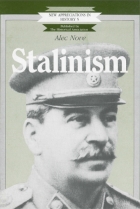
Stalinism
ArticleClick to view -
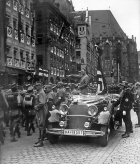
The 'Era of the Dictators' Reconsidered
ArticleClick to view -
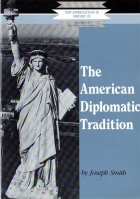
The American Diplomatic Tradition
ArticleClick to view -
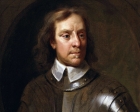
The Cromwell Discussions: podcast series
Multipage ArticleClick to view -
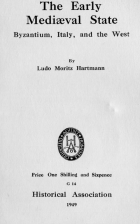
The Early Mediaeval State
ArticleClick to view -
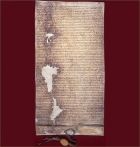
The Great Charter: Then and now
ArticleClick to view -
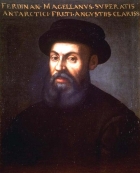
The Great Powers in the Pacific
ArticleClick to view -
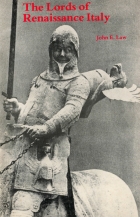
The Lords of Renaissance Italy
ArticleClick to view -
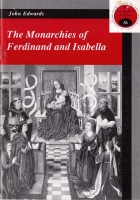
The Monarchies of Ferdinand and Isabella
ArticleClick to view -
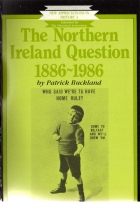
The Northern Ireland Question 1886-1986
ArticleClick to view -
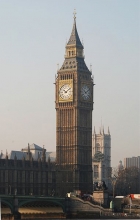
The Origins of Parliament
ArticleClick to view -
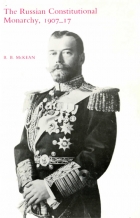
The Russian Constitutional Monarchy, 1907-17
ArticleClick to view -
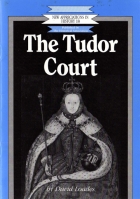
The Tudor Court
ArticleClick to view -
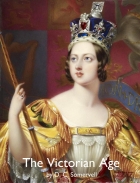
The Victorian Age
ArticleClick to view -

Will China Democratise?
ArticleClick to view -
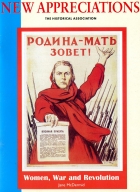
Women, War and Revolution
ArticleClick to view

